
From a time to this part in Middle East A power has emerged whose great wealth comes from our liquid gold, which makes the world go round for the moment: oil. I speak of United Arab Emirates.
Conclusion seven emirates those that make up this sovereign country and today we are going to remember a little his story, from desert to wealth, and tourist possibilities that they offer us today. A trip to the Arabian peninsula, once a land of dunes and tribes, today a land of skyscrapers and money.
United Arab Emirates
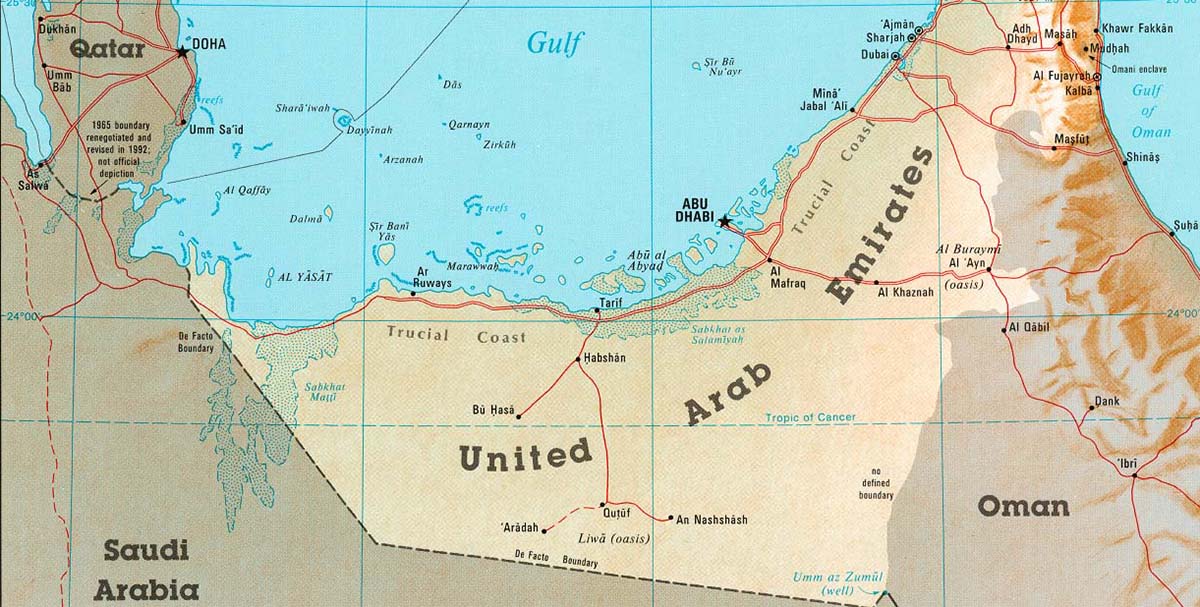
There are seven emirates that make up this country: Dubai, Sarja, Umm al-Qaywayn, Fujairah, Ajman, Abu Dhabi and Ras al-Khaimah. As with Africa, the European powers have a lot to do with the geopolitical formation of the region. Portuguese explorers arrived here in the XNUMXth century, seeking and opening routes to Asia. Later, in the XNUMXth and XNUMXth centuries, it was the British who made the Persian Gulf an important hub on their trade routes.
On the one hand the Europeans, eager to open trade, on the other the Arab clans dealing with various fronts because in addition to the Europeans were in the area the Ottoman Empire and the Persian Empire and why not, pirates. We already know that the British They did pretty well at dominating the world, so in the XNUMXth century they established a protectorate in the current territory of the emirates.
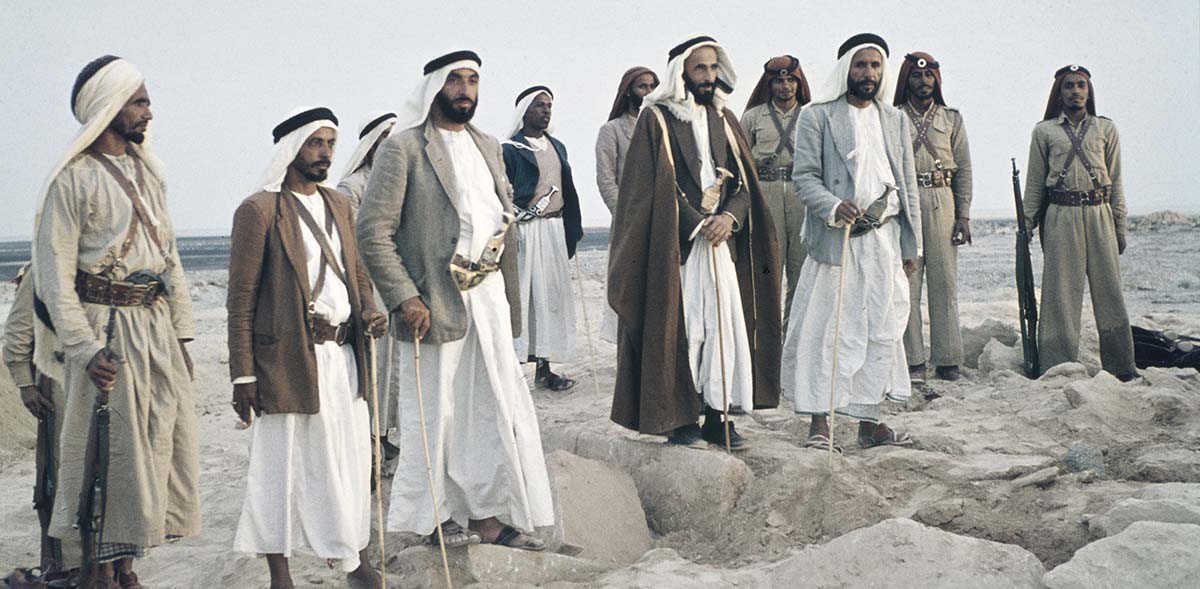
By signing treaties with local chiefs, the General Maritime Treaty in 1820 which stated that the Arabs would take charge of the pirates. Thirty years later the Perpetual Maritime Truce that allowed British ships to roam the shores. Then the British went from the wrist to the elbow and achieved in 1892 the Exclusive Agreement whereby the Arabs could not have relations with other powers and the United Kingdom gave them territorial defense and trade preferences in return.
We are talking about Arab clans that at that time had not even heard of the gold mine on which they moved. So they just grazed, fished and collected pearls. It was only after World War II that the first oil and gas fields. The boom was just beginning. The war ended and the British Empire was put away so the countries began to negotiate their independence.
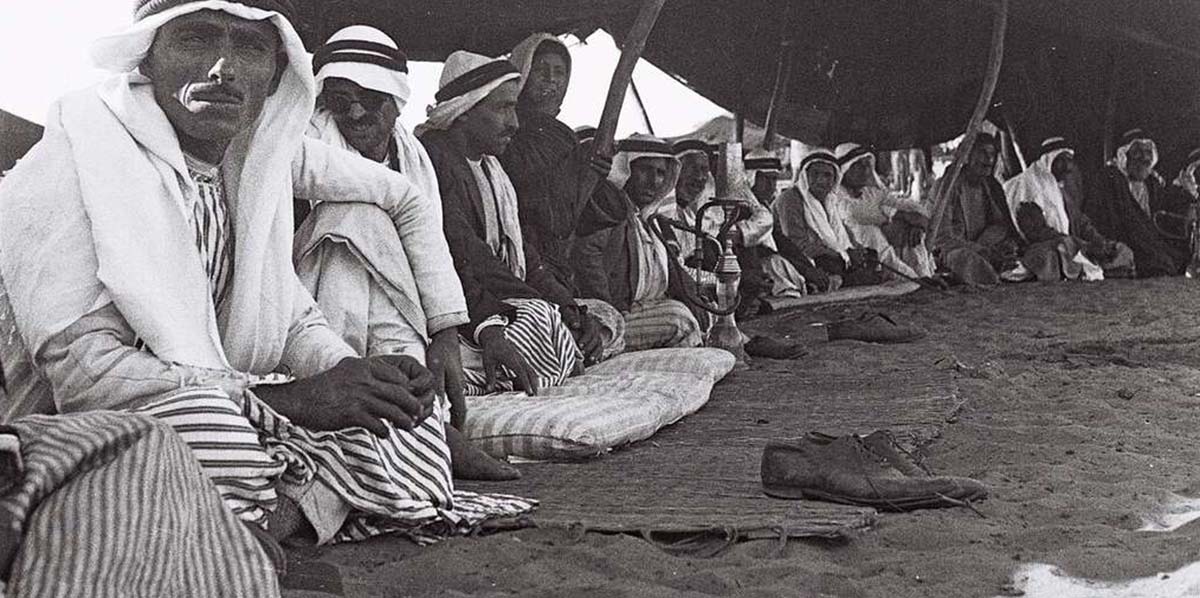
The UK withdrew in 1968 and the emirates gathered to see how they continued. Dubai and Abu Dhabi met and invited the protectorates of Bahrain and Qatar. Subsequent disagreements over which Arab family would be in charge caused them to separate, but in 1971 the United Arab Emirates was born, a new federation of six members. Ras al Khaima was not present at this time because it had a certain territorial rivalry with the emirate of Sarja, but it joined a year later.
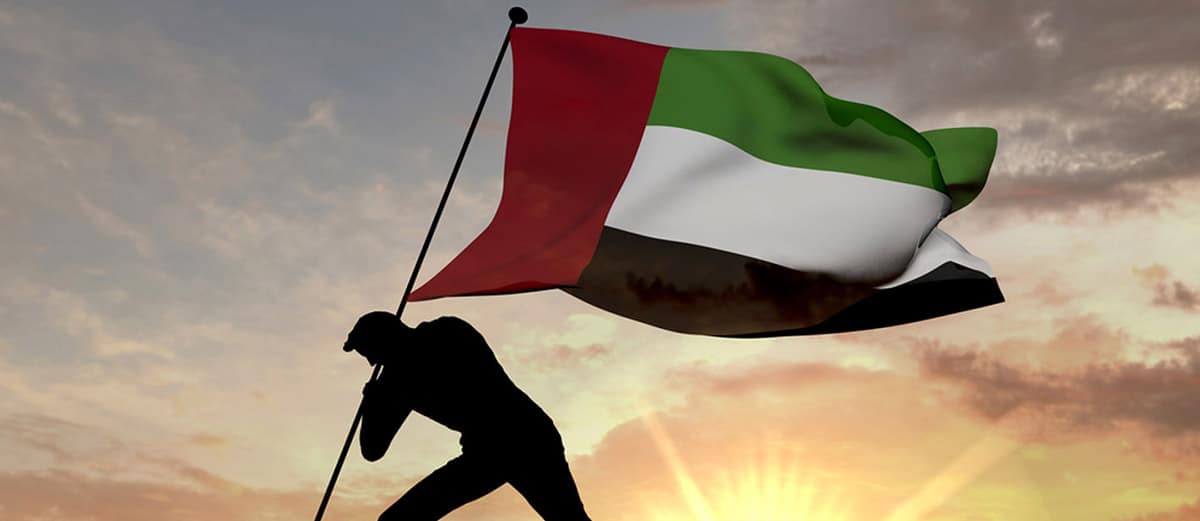
It was the Sheikh of Abu Dhabi, Zayed bin Sultan al Nahayan, who held the presidency from 1971 until he died in 2004. He and his initiative are owed the modern conformation of the state and the balance of power between the seven royal relatives, who is not easy. Hand in hand with petrodollars, the United Arab Emirates entered a very fast modernization process in the '90s and thus shepherds, pirates, and pearl fishers became rich and influential geopolitical actors.
United Arab Emirates today
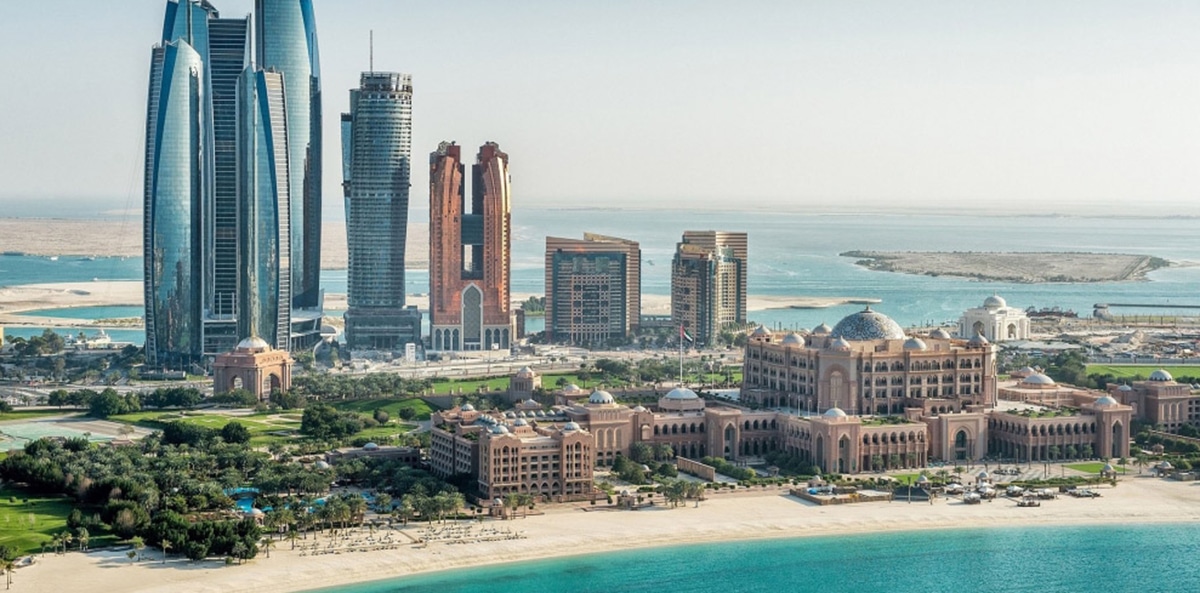
As with the European Union not all emirates are the same. There are economic differences because the oil fields are not equitably distributed. For example, Abu Dhabi concentrates almost 90% and Dubai 5% of them. Also, these two states have their own airlines so they have important trade routes. The two of them represent 83% of GDP, so the five smallest emirates depend on them through federal taxes.
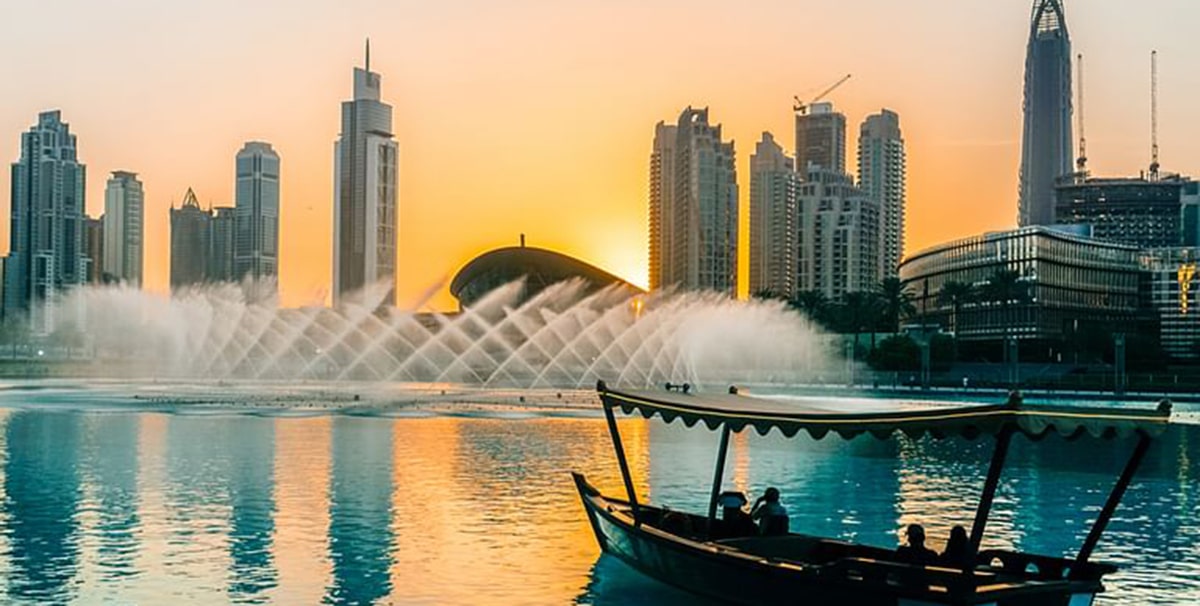
But was it easy to bring seven emirates together under one state? Not so much. A constitution was signed in 1971 and held until 1996, although that was not originally the intention. Here it was stipulated that the capital is Abu Dhabi and by extension it is his emir who heads the state. Later, the constitution speaks of the unification of several important systems in a state: the tax, the fiscal, the educational, the health ... In addition to a common judicial system and the armed forces.
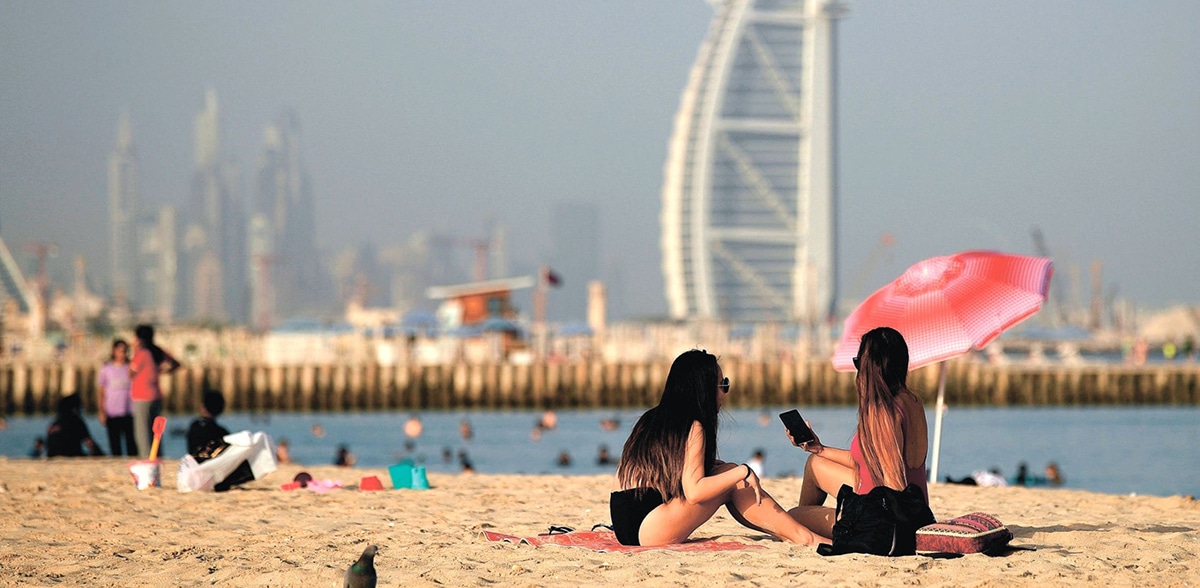
Today, only Ras al Khaima and Dubai have their own courts and they have been established state armed forces They are among the most powerful in the area. Everything is controlled by the Federal Supreme Council which meets four times a year. All the emirs travel to this council and ministers are appointed or those who are ratified, positions are distributed, laws and budgets are discussed. The president appoints his own executive, but always considering all the emirates.
Are there elections in the United Arab Emirates? Few The government has legal advice from the Federal National Council, which is made up of 40 members, from the seven emirates, who are partially elected in elections. Only just over 300 thousand people can vote and they are selected by the National Electoral Committee that considers sex, age, training and place of residence.
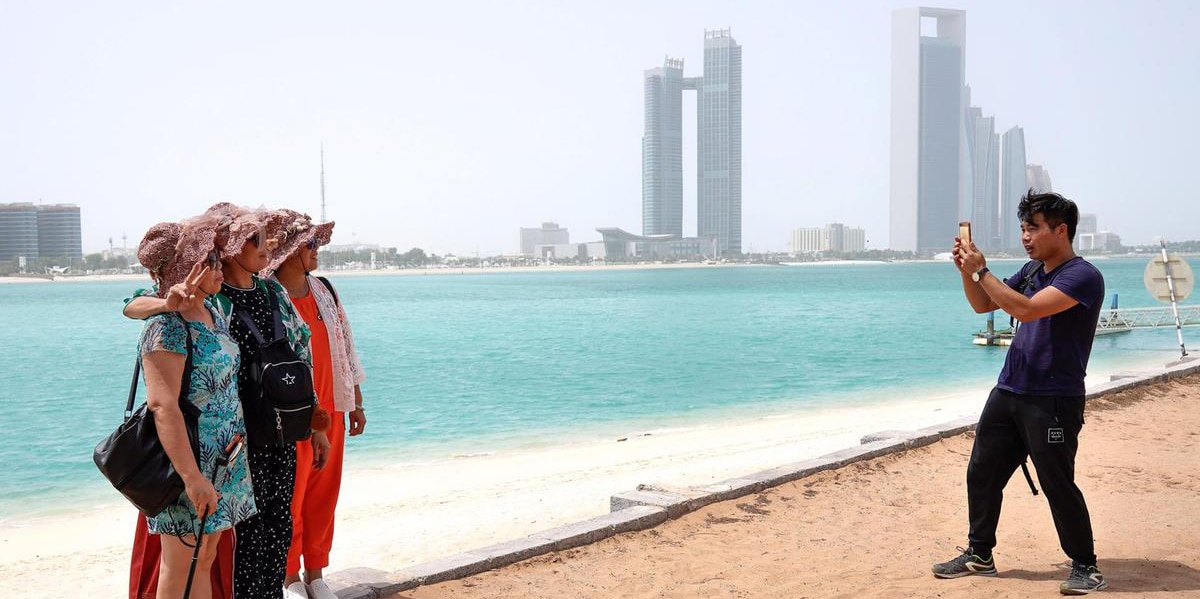
Thus, for example, in the 2006 elections, the first, only 6 thousand women and men participated. Today the number is larger and in 2011 they have been 130 thousand and 300 thousand in 2019. And the women? Well, very few vote and in last year's elections there were about 180 to be elected in some position, although only seven were able to do so. Namely, there are seven women on the Federal National Council.
The truth is that sharia, Islamic law, is what controls and conditions the social and political life of the country. Although each emirate has its degree of autonomy, nothing can go against the federal government, dominated by Islam. There is religious freedom, but the only one that can manifest itself publicly is Islam.
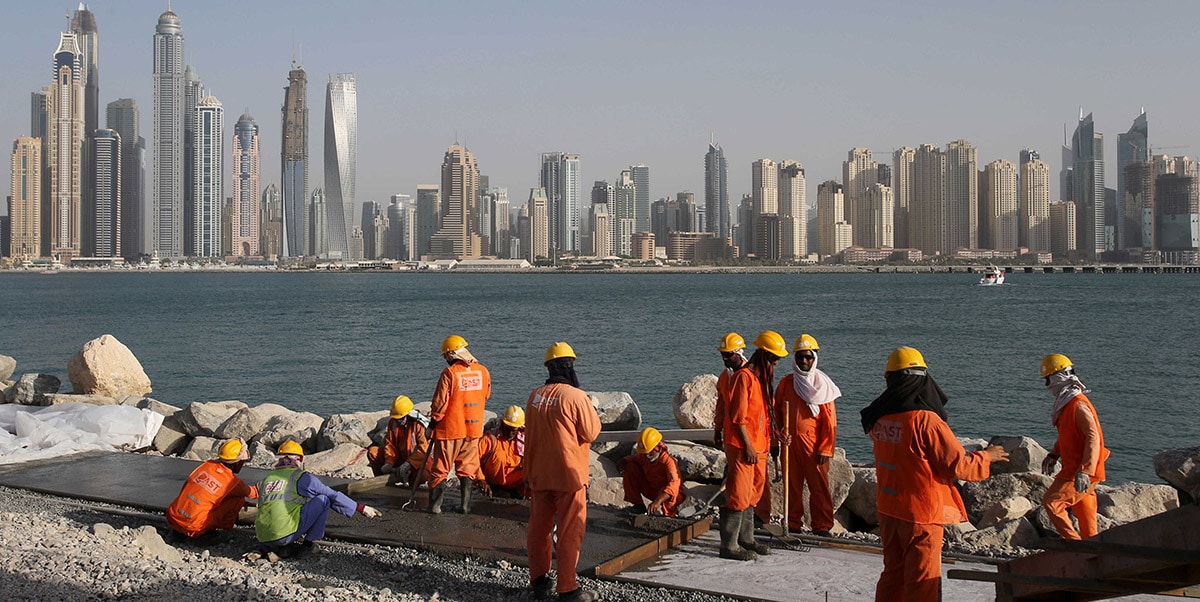
Anyone who has seen a documentary about the United Arab Emirates or one of its states knows that there are two realities: that of the rich and that of the poor. The latter are more than anything foreign workers dedicated to the construction industry. Indians, Pakistanis, Bangladeshi people who see the wealth of others at a short distance. This is especially the case in Abu Dani, Sarja or Dubai, the main urban centers with the largest number of inhabitants.
The emiratis they represent 11% of the local population, one million people. It is estimated that 34% of them are less than 25 years old and enjoy great aid from the state. Then there are the others foreign workers, with skilled jobs, who earn good money. Mostly within the energy sector.
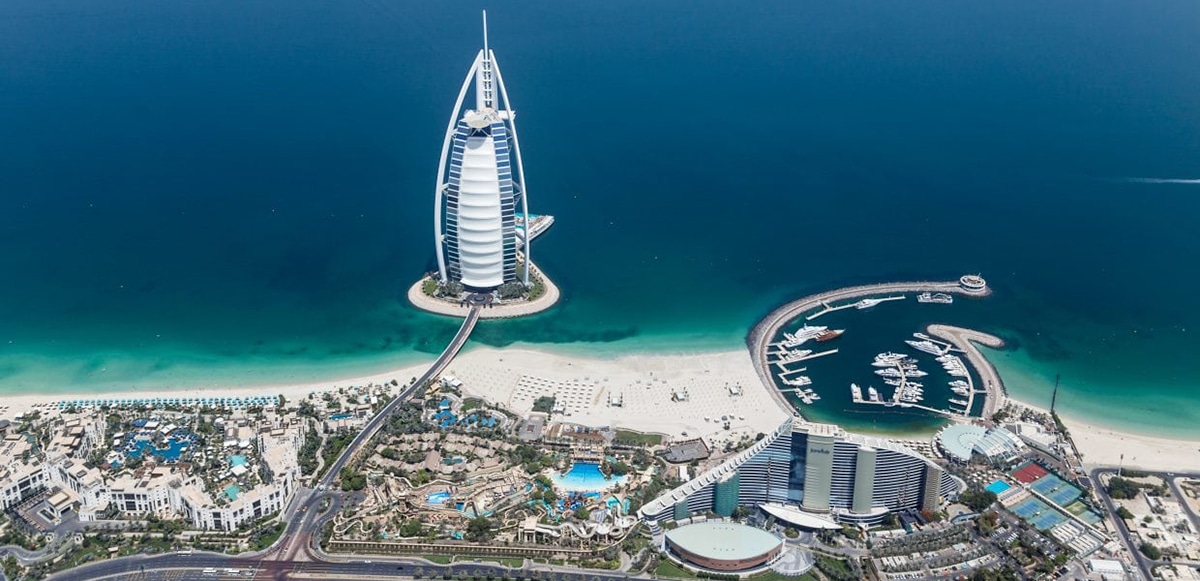
Finally, What is the relationship of the Emirates with the rest of the world? It must be said that it is the third Arab country to have diplomatic relations with Israel, and it is not little. From this he has another position on the Palestinian conflict and opposes Iran. In fact, he has a dispute with Iran over some islands that the UAE claims for itself in the Strait of Omuz and also accuses it of promoting internal opposition by agitating the Shiite minority.
Conclusion Dubai and Abu Dhabi who captained the foreign policy of the state, an economic, financial and political alliance. Let's not forget that it is a historic ally of the United States, since its independence, and that here there are American soldiers deployed. Its problems with Iran have also brought the UAE closer to Saudi Arabia, a country that wants to follow in the footsteps of its neighbor's economic success.
United Arab Emirates and tourism

In recent years the country has loaded the ink on tourism, trying to take advantage of its warm climate, its artificial islands and the magnificence of its citiess emerged from the desert. Undoubtedly people go first to Dubai, a place where it seems that tourism revenues already exceed those of oil.
Here tourists can experience a bit of life in the desert, with excursions in 4 × 4 jeeps, Arabian nights between dunes and camell rideso, or go shopping or go out bars in the hectic nightlife.
Today, it is the emirates of Ras al Khaima and Umm al Quwain that want to develop their economies hand in hand with tourism. Meanwhile, Fujairah seeks to make its port a center for maritime trade, Sarja is the capital of culture and education and Ajman a shipping and industrial center.
What remains to be seen is whether once the oil runs out, as it ever will, these countries will survive.